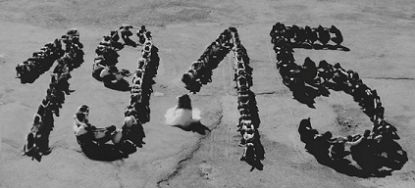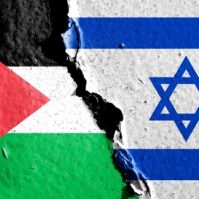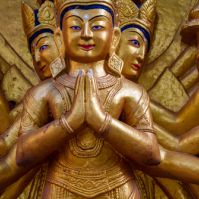 A government takes offense at the choice of a word to describe mass killings a hundred years ago. Some people today see the value in using direct language in remembering the horrors of the past.
A government takes offense at the choice of a word to describe mass killings a hundred years ago. Some people today see the value in using direct language in remembering the horrors of the past.
Pope Francis spoke clearly and directly in calling the deaths of some 1.5 million Armenian Christians in the final years of World War I by the Ottoman Army "the first genocide of the 20th century." The government of Turkey responded quickly and aggressively, as they are known to do when world leaders use that harsh word to describe the events of the final years of the Ottoman Empire, which preceded modern Turkey. Summoning the pope's ambassador to Ankara, the Turkish government also recalled their ambassador to the Vatican in a diplomatic tantrum on the world stage.
Making Saints of the Martyrs
The leader of the Armenian Apostolic Church recognized the victims of the 1915 massacre as saints in a ceremony held 100 years after the killings began. "The canonization of the martyrs of the genocide brings life-giving new breath, grace and blessing to our national and ecclesiastic life," the church leader said at the ceremony attended by the president of Armenia and many others in the country where the scars from the massacre run deep.
Ambassadors Go Home
The ambassador also returned to Turkey from Austria, after parliament in that country invoked the ire of the authorities in Ankara by following the pope's lead. Germany's Bundestag parliament commemorated the 100th anniversary of the killing of the Armenians that week. A statement that has been issued by the German government annually in memoriam approaches the controversial word "genocide" in the document for the first time, but not in the title of the document, nor in its first few pages.
German President Joachim Gauck used the loaded language at a religious ceremony. Officials from Turkey have worked closely with German Chancellor Angela Merkel to avoid any use of the word in official statements from the German government, however.
Taking a Stand With Words
Countries that have taken a strong stand to use the word have felt the wrath of the Turkish authorities. Members of Austria's parliament noted a moment of silence to commemorate the start of the killings on April 24, and leaders of parliamentary parties had earlier signed a statement that uses the harsh word "genocide" for mass killings.
"The declaration of the Austrian parliament permanently scarred the friendship and relations between Turkey and Austria," said the Turkish Foreign Ministry in a statement. They also announced that the government was to recall its ambassador to Austria "for consultations."
Finding Peace in Solidarity and Remembering
At Armenian churches around the world, the bells rang out 100 times to mark the centenary of the deaths. Some have noted that the Jewish phrase "in remembrance lies the secret of redemption" is apt in this case. What is needed, many say, is that the growing sense of outrage at the events of that awful time in history be remembered honestly, that the suffering of those millions be marked in the human conscience for what it was.
Time and Time Again
Remembrance of the targeted killings of the early 20th century is particularly relevant now, many note, when wars are targeting tenuous Christian communities in the Middle East and Africa for elimination. Patterns repeat throughout history like recurring nightmares. Society can wake up to the awful realities of events in the past, by having a clear view of what the reality really was. Society can progress toward a new dream of peace, tolerance, and co-existence. One way to begin is with courageous leaders who take a stand willing to stir strong emotions with direct talk about horrors of the past.



